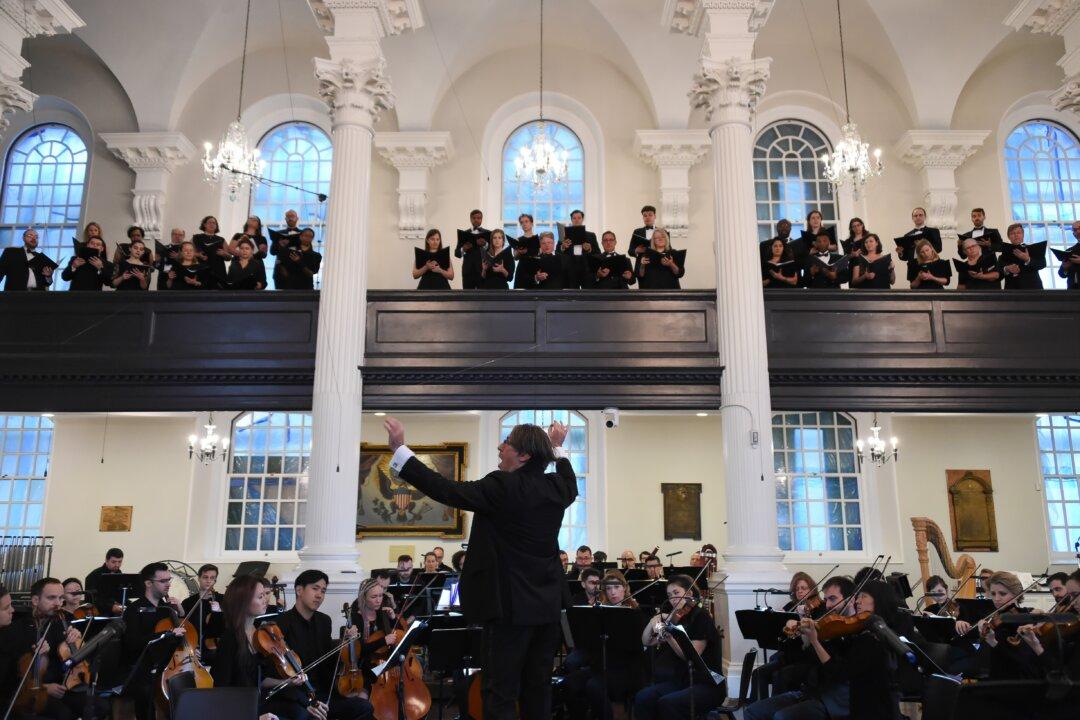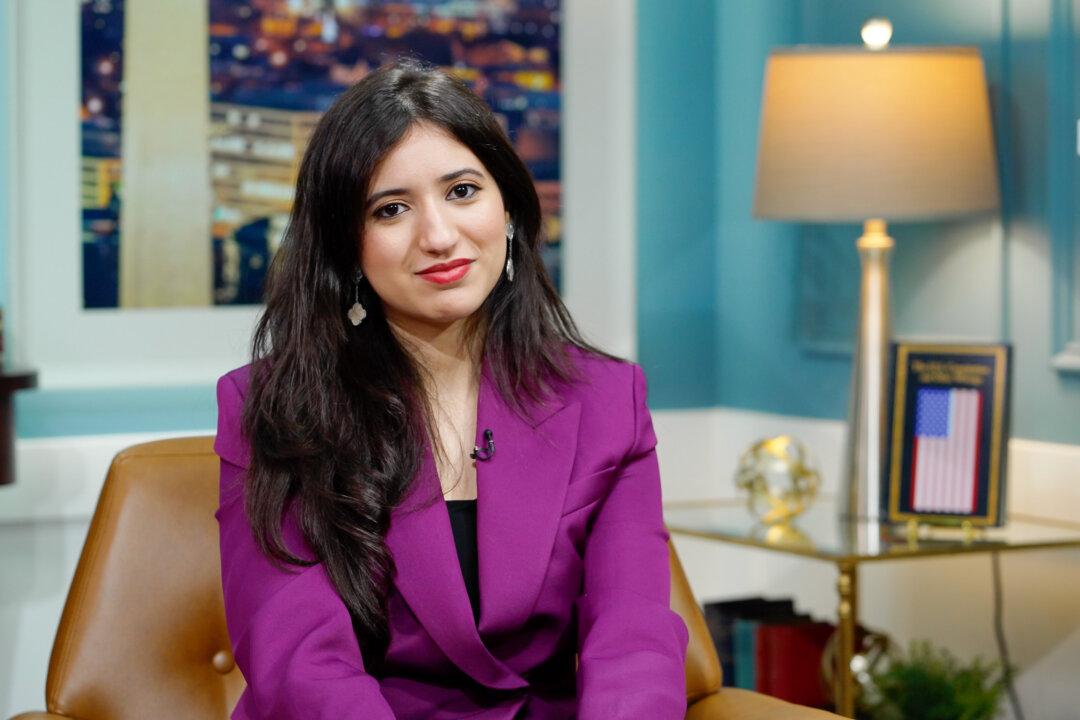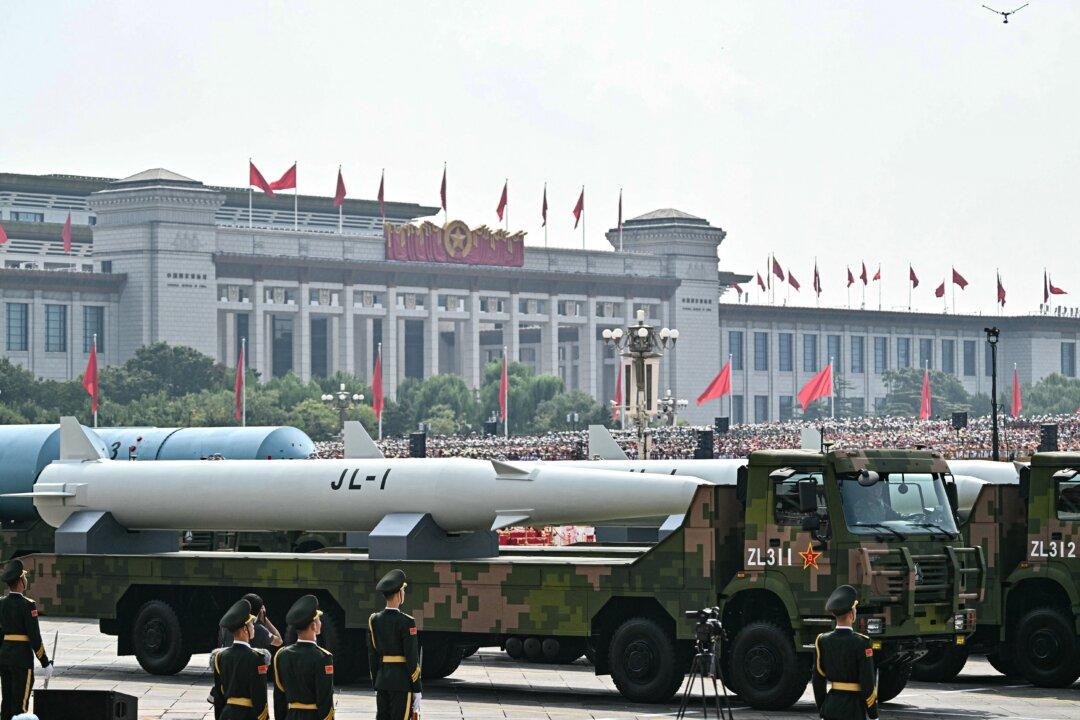For most, the brilliant composer Sergei Rachmaninoff brings to mind powerful piano works and an iconic, unequivocally Russian sound.
Few think of him as a particularly religious character, and so most are in awe when hearing his unique sacred piece the “All-Night Vigil,” largely known to audiences as the “Vespers.”






